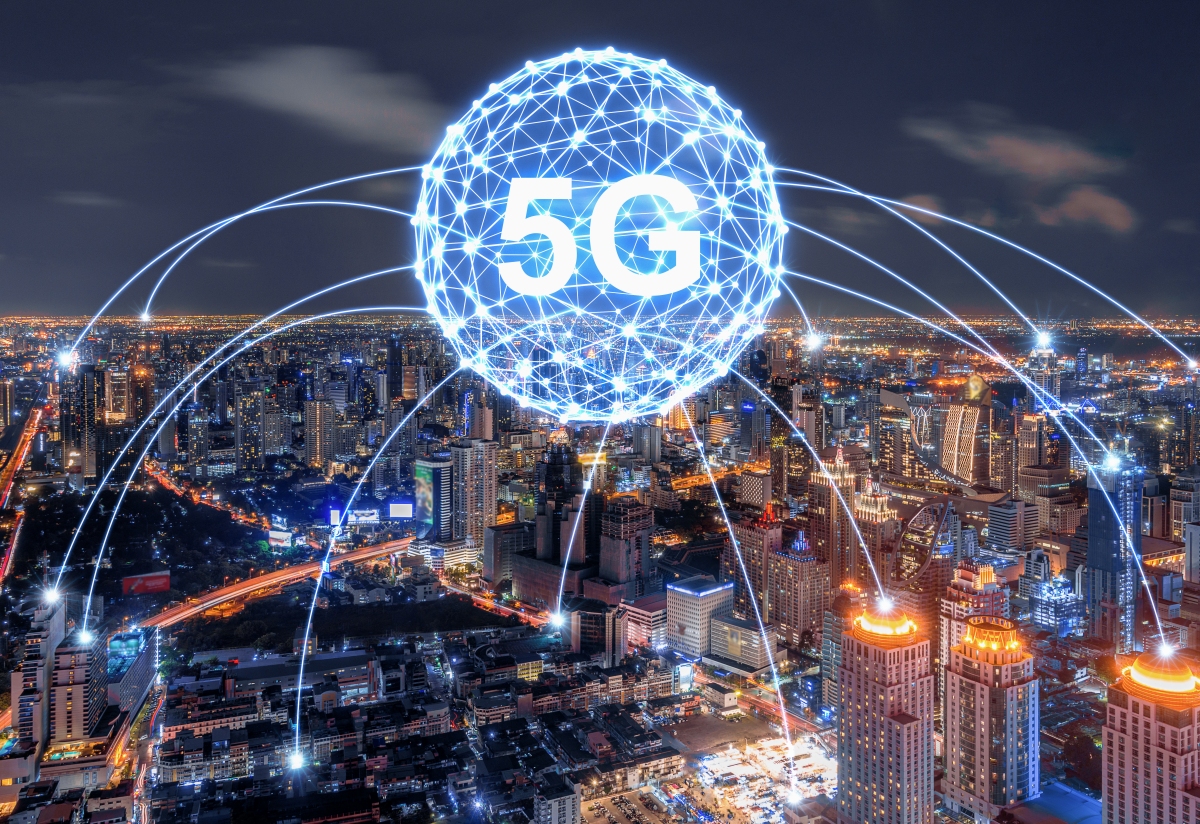What just happened? Transformative technologies of this size and scope can't be put into play by a single entity. Instead, multiple players must lock arms and work together toward a successful rollout. If one key partner isn't ready, the entire project falls behind schedule. Such is evident with T-Mobile and its 5G rollout.
Consumer interest in 5G is at an all-time high, and understandably so. The year's biggest mobile trade show is happening right now and hardware makers are rolling out support for the next-gen wireless standard at a fever pace.
T-Mobile Chief Technology Officer Neville Ray told CNET in a recent interview that his company's 5G service won't formally launch in its first 30 US cities until the second half of 2019. A year earlier, Ray said the aforementioned launch would take place in the first half of 2019.
The holdup seems to be on the hardware side. As CNET notes, T-Mobile's initial 5G rollout largely focuses on lower-band 600 megahertz spectrum. Early devices, like the Samsung Galaxy S10 5G, use high-frequency bands that are compatible with networks from AT&T, Verizon and Sprint. T-Mobile is also rolling out infrastructure to support these same bands but their coverage is too low right now for the company to actively promote.
Ray told the publication that T-Mobile would go big on 5G in the second half once it gets a device that can utilize its 600 MHz spectrum. He didn't say which device would be the first to support its preferred spectrum or who would manufacture it.
Lead image courtesy areebarbar via Shutterstock
